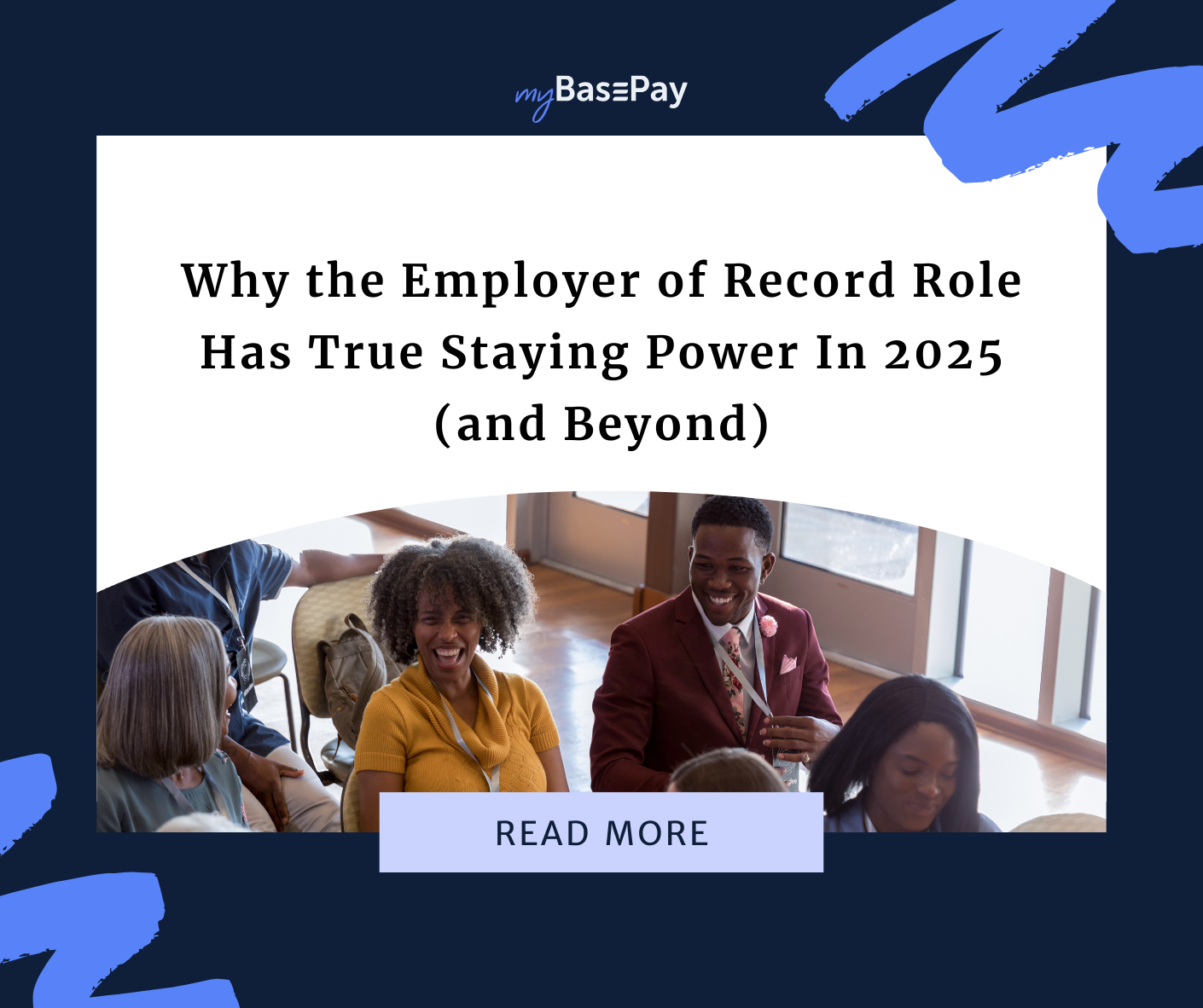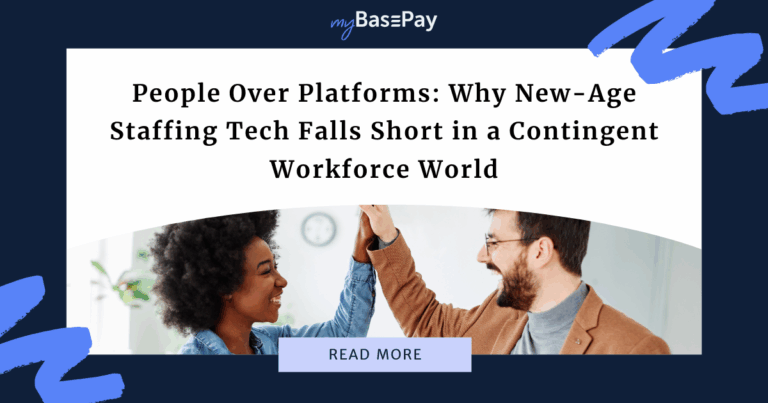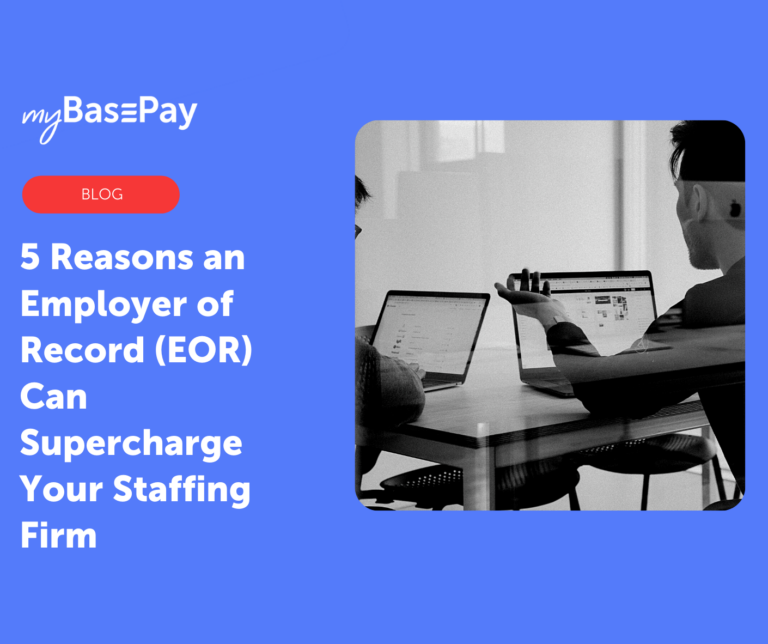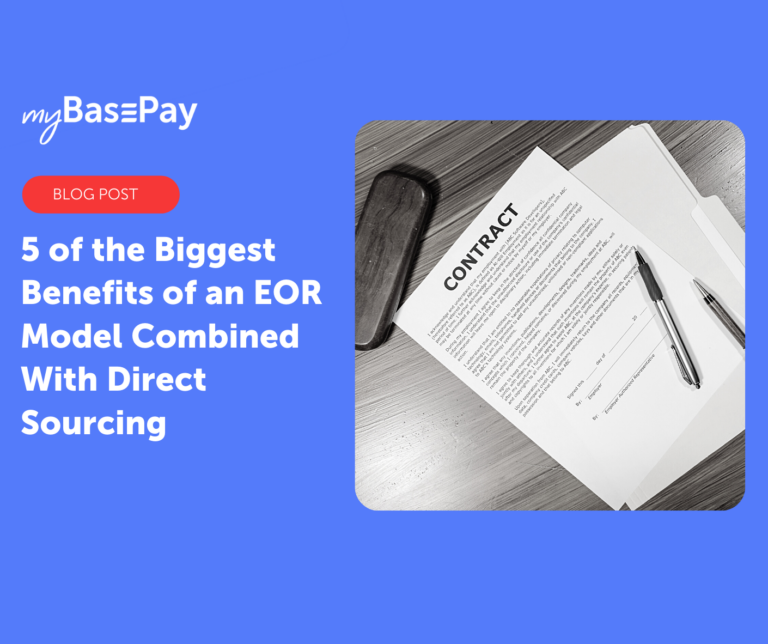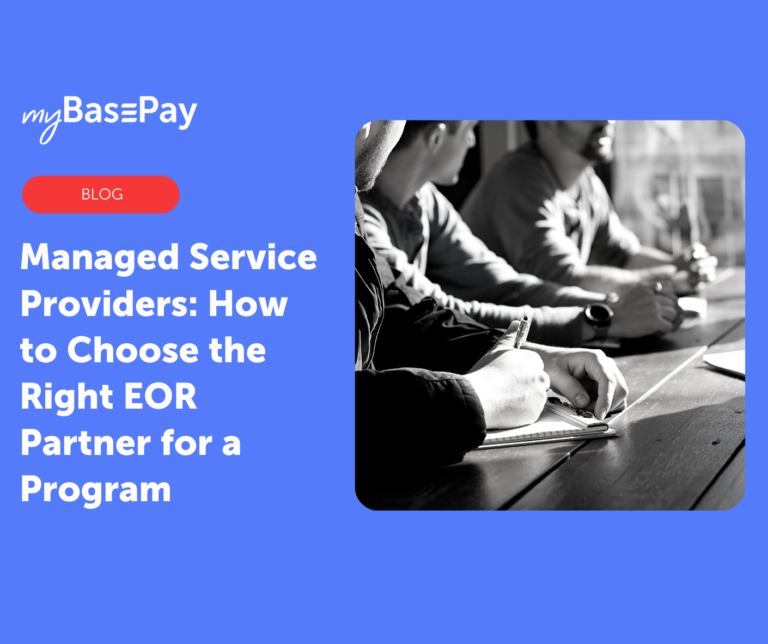Why the EOR Role Has True Staying Power In 2025 (and Beyond)
An employer of record (EOR) plays a valuable role in today’s hiring environment. By serving as the designated employer for contingent workers, the EOR assumes the liabilities and responsibilities of employment, including payroll processing, tax withholding, benefits administration and more.
As the contingent workforce continues to grow and companies increasingly rely on a globally diverse talent pool, demand for EORs only increases — especially in light of ever-changing compliance standards.
Here’s a closer look at why EORs have true staying power in 2025 and beyond …
Trends Driving EOR Demand
The continued demand for EORs is driven through a few key factors. First is the rise of remote work and global talent pools. The Bureau of Labor Statistics reports that 19.5% of workers in the U.S. telework or work from home. In addition, Pew Research notes that many workers are increasingly adopting a hybrid schedule, with a large proportion taking advantage of the opportunity to work remotely all the time.
The rise of remote work isn’t limited to the United States, which means that businesses increasingly have access to global talent pools. Hiring individuals from countries outside the United States can offer many benefits, such as reducing workforce costs. However, utilizing an international talent pool also introduces legal and compliance challenges as employers must deal with multiple jurisdictions — something EORs are distinctly poised to address.
EORs have also become increasingly valuable due to the rise of the gig economy and freelancing. As traditional employment models have shifted, managing payroll, onboarding and other employment tasks have become more complex and time-consuming. Businesses have increasingly found themselves in need of the streamlined employment solutions an EOR can provide.
The Value of Legal and Compliance Benefits
With remote work, an increased reliance on international talent and the growth of freelancing, EORs consistently demonstrate their value through providing legal and compliance benefits for their clients.
Mitigating employer liabilities is an essential part of what EORs offer. Because EORs take on the liabilities of employment, they are extremely well versed in local labor laws for the areas in which they operate. This involves staying on top of classification requirements, which can vary between locations and may even change as a result of new regulations.
Misclassifying employees as independent contractors can be especially costly for businesses. In the United States, employers found in violation of the Fair Labor Standards Act are held liable for back taxes (and charged interest on the unpaid amount), and are often issued costly civil and sometimes even criminal penalties. An EOR greatly reduces the risk of such incidents, which will help businesses avoid both costly fines and reputation damage that would make it harder to obtain top talent in the future.
By working with an EOR, companies are able to significantly reduce the risk of employee misclassification by ensuring that workers are classified properly and that all aspects of their employment are handled in a manner that is compliant with their classification. This includes payroll and tax management, in which an EOR ensures compliance with tax regulations for each state or country where workers are hired.
Improved Efficiency for Businesses
In addition to providing legal and compliance benefits, EORs have true staying power thanks to the improved efficiency they are able to offer businesses. This stems from the fact that an employer of record also assumes many of the responsibilities of employment — not just liabilities.
An EOR can manage benefits administration (including PTO eligibility and insurance) and provide efficient onboarding services to get newly hired talent ready to begin work within a short timeframe. EORs also handle payroll processing — including ensuring that payroll is processed in accordance with legally mandated payment schedules while accounting for tax requirements, currency differences and other factors.
All of these services can significantly lower a business’ operational costs by reducing HR overhead and minimizing lost time and expenses associated with employment disputes that might otherwise arise.
Ready to simplify your contingent workforce management? Discover how our EOR services can streamline compliance, reduce risks, and enhance efficiency. Contact us today!
